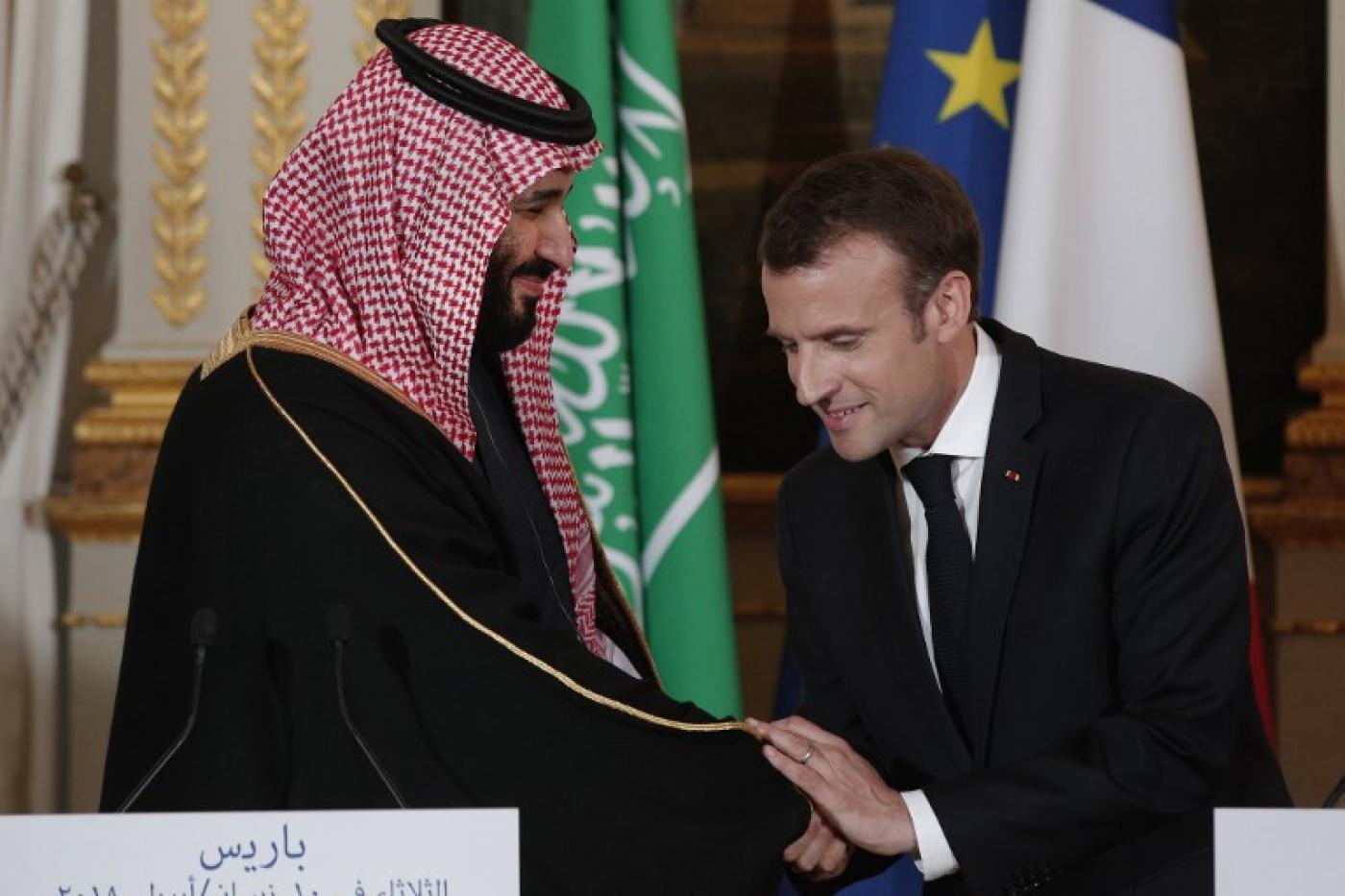In an interview with the website of the Strategic Council on Foreign Relations, Davoud Ahmadzadeh, referring to Joe Biden coming to power in the United States and the way he looks at the Middle East issues, said: It should be noted that Biden has repeatedly stated in his recent remarks that he is reviewing Trump’s policies in West Asia, an obvious example of which is suspending the sale of advanced weapons to the UAE and Saudi Arabia and emphasizing peace in Yemen and a ceasefire in the region.
He also said that since the Americans had intelligence and logistical support for the Saudi-led coalition policy in Yemen during Trump’s presidency, Biden suspended such support.
Referring to the US policies of retreating from aggressive policies and a strong presence in regional crises in West Asia, Ahmadzadeh said: Biden’s view has made a country like France feel that there will be a vacuum in the region, and therefore now the French rulers and Emmanuel Macron himself seek to fill this power gap and maintain a strong presence in the Middle East.
Noting that the French have traditionally been considered the major arms supplier to the Persian Gulf states and have long had security and military ties with Persian Gulf sheikhdoms, especially Saudi Arabia and the UAE, the expert said that those issues have made Paris, more than any other European capital, try to play a role in this region.
He added: Another issue that can be mentioned is the way the United States would return to the Joint Comprehensive Plan of Action (JCPOA). Given that Joe Biden and his security team have previously stated that they are ready to return to the JCPOA in certain circumstances, it seems that this approach and the leadership of the negotiation mechanism by the United States and Joe Biden himself is not much to the liking of the French authorities. They feel that a strong and renewed presence of the US in the talks with Iran may not be in the interest of Europe, especially France, in the long run.
Commenting over the possibility that the West as a whole may pursue a coordinated and uniform policy on political and security issues in the Middle East, he said: However, we have always seen witness to the covert and overt rivalries between the two sides of the Atlantic. Therefore, in the current situation, the French, with particular support for Saudi Arabia’s participation in the JCPOA talks with Iran, intend to reassure the Saudi rulers that, as a traditional ally, they will abide by previous commitments to maintain special relations and arms sales.
The expert continued: The issue of Saudi Arabia’s presence in the JCPOA talks has faced serious opposition from Iran; because Iran’s diplomatic apparatus and the main decision-making bodies in the issue of the JCPOA have stated that there will be no renegotiation in this case and they do not accept that other party plays a role in Iran’s nuclear case.
Saying that Joe Biden, by moving away from Trump’s unilateralist policies, is trying to reach a consensus with his traditional allies, especially the European Union, on security issues, especially in the complex Middle East issues, he said: But this does not mean that in the near future we will not see any difference or divergence between the United States and the European Union. As was mentioned before, the Americans are working to re-establish relations with the European Union in order to prorate military and economic spending, and to reach a comprehensive understanding with the ally on the nuclear issue before starting serious negotiations with Iran. But the Americans do not seem to leave the leadership and management of regional issues to the Europeans, especially France.
He further continued by saying that the United States is still intending to play a leading role in the region, especially in security and economic matters, adding that this could create conflicts between the interests of the EU countries, led by France, and the United States.
Regarding the issue of Saudi Arabia and France’s rapprochement to that country, Ahmadzadeh said: We are witnessing that in the issue of Saudi Arabia there are differences between the Democrats led by Joe Biden and Riyadh, but France is taking advantage of a hypocritical policy on the issues of human rights and civil liberties in Saudi Arabia and is trying to keep Saudi Arabia in its orbit of interests, while ignoring the case of the murder of critical Saudi journalist Jamal Khashoggi and lack of some civil liberties in Saudi Arabia and the repeated aggression against Yemen.










0 Comments